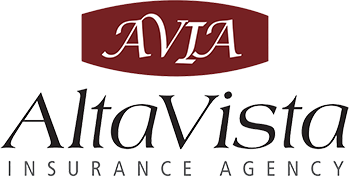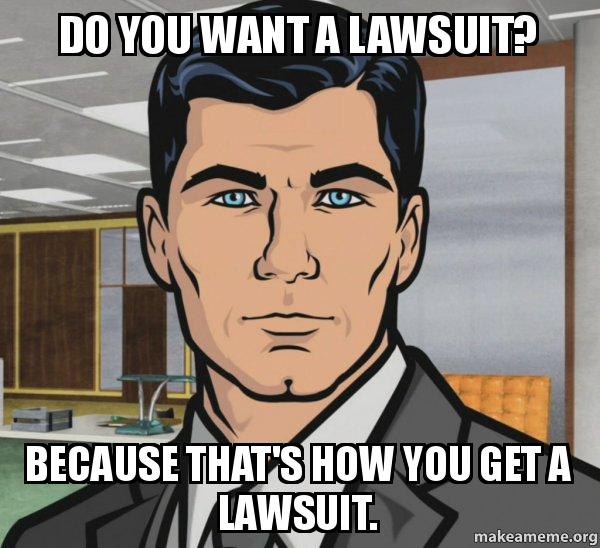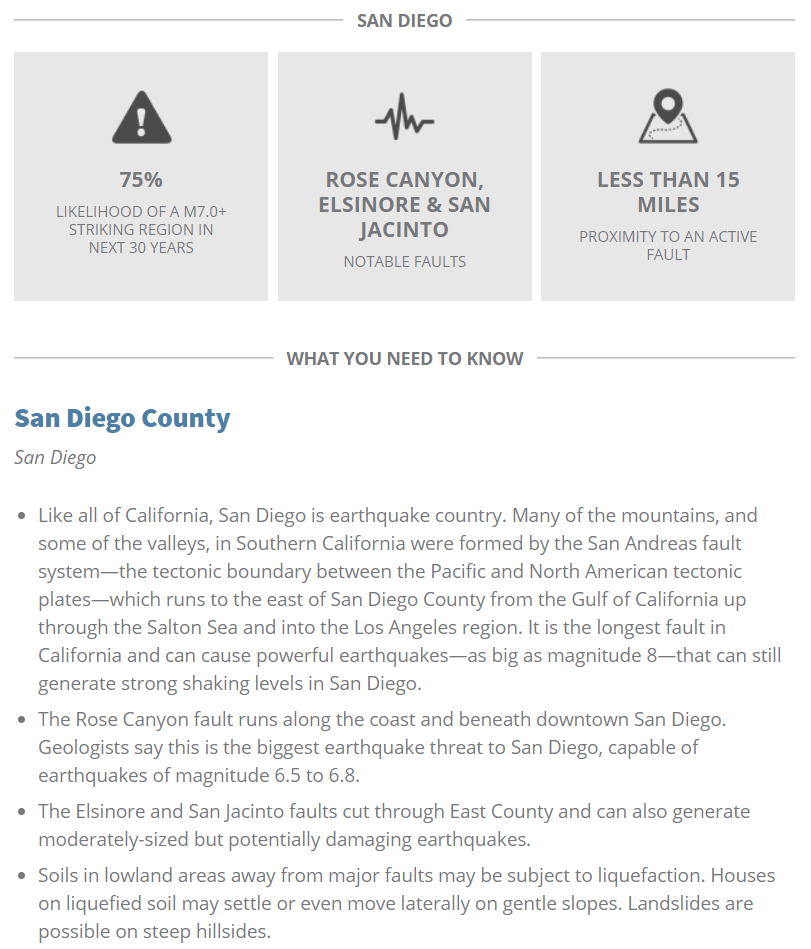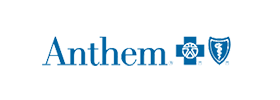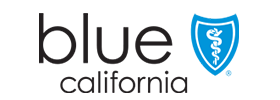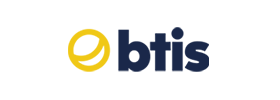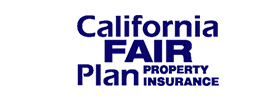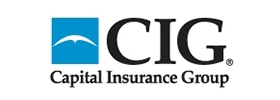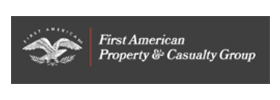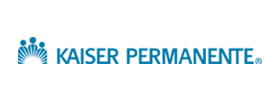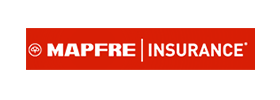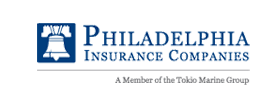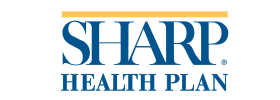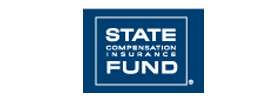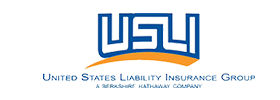Coronavirus Insurance Relief
California Department of Insurance Orders All Insurance Companies to Offer Relief Refunds
In these rapidly changing times one thing remains constant, protecting your lifestyle. Taking care of our clients, our employees and our community is our top priority. I am proud to see that our industry is taking the necessary steps to provide financial relief to consumers and business owners throughout California. Since the shelter in place order many consumers and businesses have been doing their part to stop the spread of the Coronavirus. Now, the insurance companies are providing a little more relief from paying insurance premiums for specific lines of business. We’ll breakdown the latest bulletins from the Department of Insurance highlighting which types of policies are getting relief refunds. It’s important to contact your agent or insurance company and inquire about the steps each company is taking to implement their refunds to policyholders.
According to the Department of Insurance’s Bulletin 2020-3, to protect consumers and to provide consistent direction to the insurance industry regarding misclassifications of risk resulting from the COVID-19 pandemic and to address certain issues raised in CFC’s petition, Commissioner Lara hereby orders insurers to make an initial premium refund for the months of March and April to all adversely impacted
California policyholders in the following lines of insurance, as quickly as practicable, but in any event no later than 120 days after the date of this Bulletin:
- Private passenger automobile insurance
- Commercial automobile insurance
- Workers’ compensation insurance
- Commercial multiple peril insurance
- Commercial liability insurance
- Medical malpractice insurance
- Any other line of coverage where the measures of risk have become substantially
overstated as a result of the pandemic.
Commissioner Lara grants each insurer reasonable flexibility in determining how best to quickly and fairly accomplish the refund of premium to policyholders. Insurers may comply with the premium refund order by providing a premium credit, reduction, return of premium, or other appropriate premium adjustment.
It’s important to check with your individual insurance company to inquire about their method of premium adjustment.
Read the full bulletin from The CA Department of Insurance Commissioner, Ricardo Lara
CA Dept of Insurance Bulletin 2020-3
California Department of Insurance Requirement to Accept, Forward, Acknowledge, and Fairly Investigate All Business Interruption Insurance Claims Caused by the COVID-19 Pandemic
Business Interruption insurance is an optional coverage that may be purchased as part of a comprehensive multi-peril commercial policy, business owners’ policy, or on a stand-alone basis. Many small and large California businesses purchase Business Interruption insurance to protect against the loss of income and other losses caused by an interruption to the normal operations of the business.
The California Department of Insurance (Department) continues to encourage businesses to review their policies, including policy exclusions, coverage limits, and applicable deductibles, and contact their insurance companies to determine what their policies cover as each insurance policy is different and the coverage varies. However, despite the Department’s on-going guidance to businesses statewide during the COVID-19 pandemic, it has received numerous complaints from businesses, public officials, and other stakeholders asserting that certain insurers, agents, brokers, and insurance company representatives are attempting to dissuade policyholders from filing a notice of claim under its Business Interruption insurance coverage, or refusing to open and investigate these claims upon receipt of a notice of claim.
Therefore, Insurance Commissioner Ricardo Lara finds it necessary to issue this Notice to ensure that all agents, brokers, insurance companies, and other licensees accept, forward, acknowledge, and fairly investigate all business interruption insurance claims submitted by businesses.
After conducting a thorough, fair, and objective investigation of the claim, the insurer must accept or deny the claim, in whole or in part, immediately, but in no event more than 40 days after receipt of the proof of claim. The amount of the claim accepted or denied by the insurer must be clearly documented in the claim file unless the claim has been denied in its entirety. (Regulations, section 2695.7(b).)
If you’re a business owner that has been physically impacted by COVID-19, we highly recommend reviewing your policy along with any exclusions, coverage limits, deductibles and endorsements and contact your insurance company to determine if there is appropriate coverage provided.
Business Interruption Insurance Claims Caused by the COVID-19
We’ve compiled a list of our insurance companies we represent and their claims department information. If you do not see your insurance company listed, refer to your current insurance policy.
- Small Business Claims 844-325-2467
- Mid/Large Business 800-362-0000
CIG 800-986-9974
Travelers 800-238-6225
Mercury 888- 313-6372
Nationwide 800-421-3535
Progressive 800-274-4499
Safeco 800-332-3226
Encompass 800-588-7400
Kemper 888-252-2799
Chubb 800-682-4822
American Modern 800-375-2075
First American Property and Casualty 800-348-3782
Mapfre 877-627-3735
Stay healthy and safe. Practice social distancing, wear a mask when entering retail establishments, and wash your hands. Everyone is doing their part to flatten the curve. We appreciate everyone’s efforts to assists families, local businesses, and their communities. Thank you for being a part of Alta Vista Insurance.
